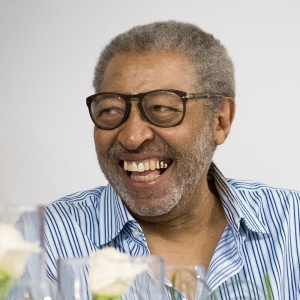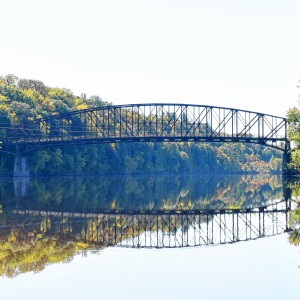Mass. students put state on top in AP exam rankings
| Published: 04-06-2023 12:17 PM |
Even though he is planning on getting into the technology field after graduation, taking an Advanced Placement language class this year has shown Aiden Costa the power of harnessing language to communicate more effectively, he said.
The high school junior is even considering a future career in journalism, or how he can use his technical skills combined with writing to do something new.
“Language is, in my opinion, one of the most powerful ways to convey a message and I think that AP language and composition is one of the best ways to learn about it,” Costa said.
Costa and his classmates from Diman Regional Vocational Technical School were among the 250 high school students from 26 schools roaming the halls of the State House on Wednesday to visit with lawmakers to learn more about state government.
They were in the building to celebrate the second year in a row that Massachusetts ranked first in the country for the percentage of graduating high school seniors who scored above a “qualified” score on advanced placement exams.
In 2022, 30.5% of public high school graduates in the state scored a 3 (out of 5) or higher on an AP exam in high school. Nationally, 21.6% of public high school graduates scored a 3 or higher. Massachusetts has also ranked first on this metric in 2021, 2019 and 2017.
Over 90% of Massachusetts high schools offer at least one AP course.
Secretary of Education Pat Tutwiler and Department of Elementary and Secondary Education Commissioner Jeffrey Riley also celebrated what they called “lifting up ... access for all students and particularly those historically marginalized” on Wednesday.
Article continues after...
Yesterday's Most Read Articles
 Greenfield man arrested in New York on murder charge
Greenfield man arrested in New York on murder charge
 Man allegedly steals $100K worth of items from Northampton, South Deerfield businesses
Man allegedly steals $100K worth of items from Northampton, South Deerfield businesses
 Greenfield Police Logs: April 9 to April 17, 2024
Greenfield Police Logs: April 9 to April 17, 2024
 Former Leyden police chief Daniel Galvis charged with larceny
Former Leyden police chief Daniel Galvis charged with larceny
 Shea Theater mural artist chosen out of 354 applicants
Shea Theater mural artist chosen out of 354 applicants
 Millers Meadow idea would ‘completely transform’ Colrain Street lot in Greenfield
Millers Meadow idea would ‘completely transform’ Colrain Street lot in Greenfield
Last year, 35.9% of all Hispanic graduates and 31.1% of Black students took an AP exam during high school — compared to a 43.7% total across the state — representing a 16.2 percentage point increase for Hispanic students from 19.7% in 2012 and a 10.2 percentage point increase for Black students from 20.9% in 2012.
Massachusetts has the eighth highest percentage of Hispanic students and third highest percentage of Black students who graduate having taken an AP exam, compared to other states.
“When I started over five years ago, Massachusetts was ranked number one across the country on The Nation’s Report Card. But we tempered that phrase with the acknowledgment that we were really only number one for some,” Riley said. “We know that we have the highest percentage of kids’ scores. More important than that is we’re having huge gains in our access for Black and Latino students.”
Taking an AP exam costs each student $97, but state subsidies and College Board, the organization that controls AP courses and exams, fee reductions bring the cost down for low-income students to $15.
“With initiatives and proposals, when we say all students we mean all students. This is a wonderful recognition and reflective of an equity push that will continue,” Tutwiler said. “The results are clear: when students can access these courses they’re able to succeed with the proper support.”
College Board awarded 26 Massachusetts high schools with an “AP Access Award” for expanding access to the advanced courses. All 26 schools had at least 40 Black and Latino students, or low-income students, take the exams in 2022, and had an overall increase in test-takers of at least 30 percent since 2017.
Costa’s classmate, Jadore Horned, said her AP literature class helps her “view the world in a different way.”
“Being here in Massachusetts and hearing how successful we have been — it’s very motivating,” Costa said. “I’m so happy to see everyone succeeding and everyone excited about their future. I just can’t wait to see where we go from here.”

 Joannah Whitney of Greenfield wins 33rd annual Poet’s Seat Poetry Contest
Joannah Whitney of Greenfield wins 33rd annual Poet’s Seat Poetry Contest William Strickland, a longtime civil rights activist, scholar and friend of Malcolm X, has died
William Strickland, a longtime civil rights activist, scholar and friend of Malcolm X, has died Photos: A musical classic returns
Photos: A musical classic returns Northfield appeals to Warren, Markey for Schell Bridge aid
Northfield appeals to Warren, Markey for Schell Bridge aid
